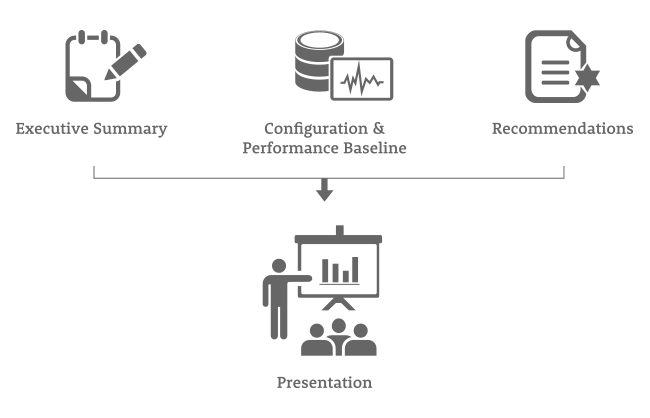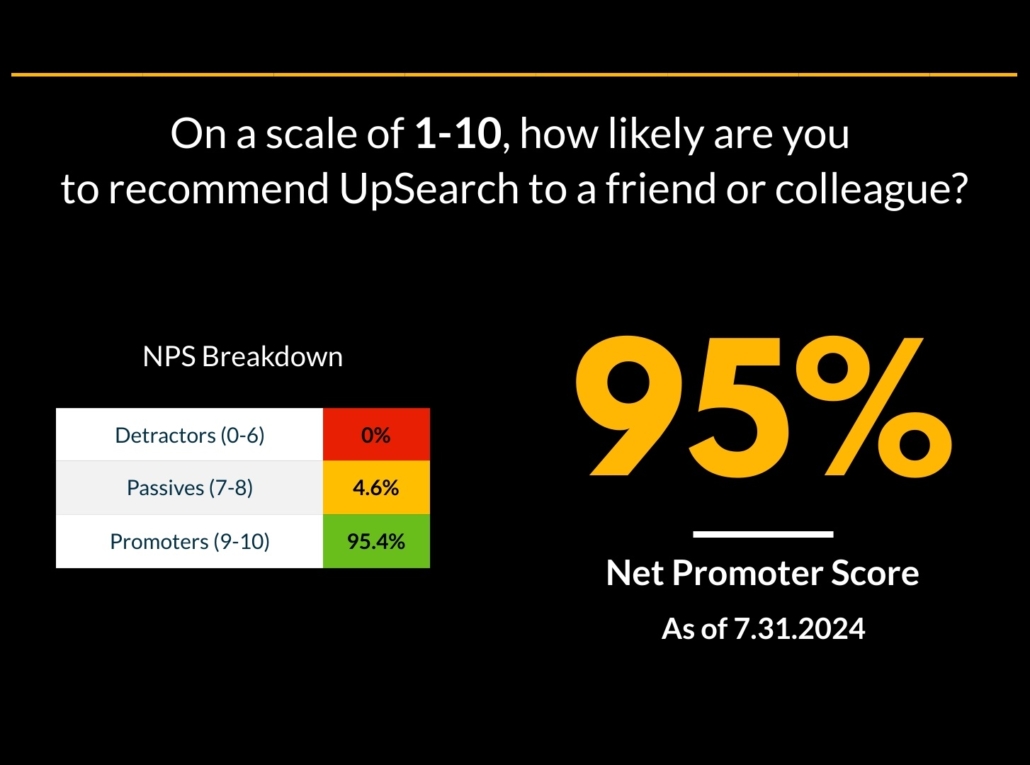Do you have SQL Server problems and don’t know where to turn for help? We designed this article, titled SQL Server Health Check Step 3: Report Findings & Recommendations, as well as the entire blog series, to help you decide if a thorough SQL Server evaluation is right for your situation.

In our last blog post, we talked about analyzing results during the second step of our Health Check. The third and final step describes what you can expect when we present our findings and recommendations.
After collecting key metrics and analyzing your environment, our team compiles and presents a comprehensive report that includes:
- Executive Summary.
- Current Environment Configurations.

- SQL Server Performance Overview.
- Query and Index Tuning Information.
The SQL Server Health Check Report Findings & Recommendations will provide a detailed description of your current environment, as well as actionable recommendations. The “to-do” list is designed to correct specific problems, improve overall security and performance in these areas:
- Configuration.
- Performance.
- Disaster Recovery.
- Security.
- Additional Concerns.
In summary, we provide you with extensive research and practical recommendations customized for your organization. As we present our finding and recommendations, we make certain to answer any questions and explain the “to do” list. We can fix the problems or work with your team to make sure your SQL Server environment is stable, performs as expected and the problems fixed.
We trust you enjoyed the blog series and have a better understanding of how your organization will benefit from UpSearch’s SQL Server Health Check.


